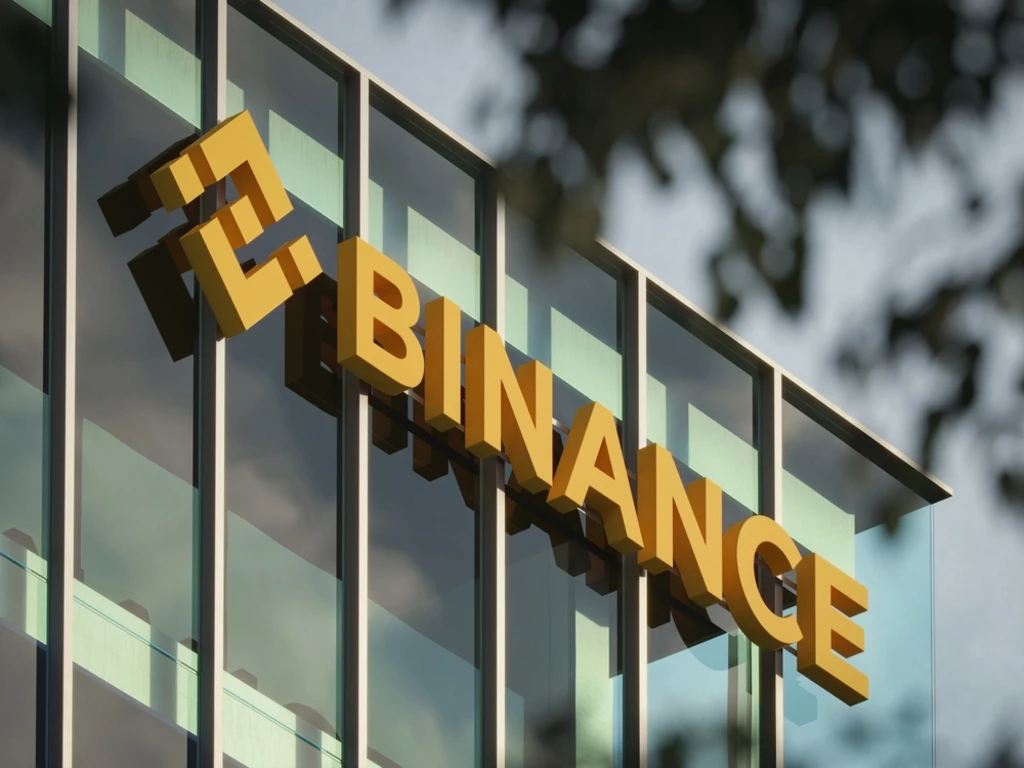Following the blockade imposed by the Philippines’ Securities and Exchange Commission (SEC) on Binance, cryptocurrency users in the country find themselves grappling with the inability to access their funds. In a recent interview, Paolo Ong, who holds the position of officer in charge at the SEC’s PhiliFintech Innovation Office, shed light on the predicament. Ong emphasized that the regulatory body is currently unable to advocate for any specific mechanisms that would enable users to retrieve their funds, particularly in light of Binance’s prohibition by internet service providers (ISPs) within the Philippines.
Ong further elucidated that the SEC had proactively issued a warning spanning three months to users of the Binance platform, aiming to afford them adequate time to initiate withdrawals from the exchange. The underlying intention behind this cautionary measure was to facilitate the seamless transfer of investors’ assets either to domestic cryptocurrency exchanges or to their individual personal wallets within the stipulated timeframe.
The user finds themselves devoid of any avenues to reclaim their funds from Binance.
Ong acknowledged that despite the proactive withdrawal warning issued by the SEC, certain users might have faced challenges in complying with the requirement, ultimately leaving them without any recommended avenues for reclaiming their funds. He lamented, stating, “Unfortunately, we can’t endorse any method on how to take out their money now that the blocking order is out.”
On March 25, the National Telecommunications Commission (NTC) issued a directive mandating internet service providers (ISPs) in the Philippines to immediately block access to Binance. This directive included a stringent five-day deadline for local ISPs to enforce the ban.
Despite the official ban, it is noteworthy that the Binance website remains accessible within the country as of the current time, suggesting that the complete implementation of the ban is still underway.
Notably, Ong clarified a significant point, indicating that Binance had not initiated any formal registration applications with the SEC for operating within the Philippines. This statement contradicts earlier assertions made by former Binance CEO Changpeng Zhao during a press briefing in Manila on June 8, 2022, where he had expressed the exchange’s intentions to secure licenses in the country.
Emphasizing the stance of the SEC, Ong reiterated that there has been no official application from Binance seeking registration in the Philippines according to the regulatory body’s records.
Consistent with its stance, the SEC has repeatedly alerted the public regarding the activities of Binance, advising against engaging in investments through the platform.
In 2022, the regulatory body issued a formal notice highlighting Binance’s absence of legal authorization or licensing to solicit investments within the country.
Despite the dissemination of these warnings, certain users might now encounter difficulties withdrawing their funds, given the constraints imposed on Binance’s operations in the Philippines.
Binance remains embroiled in ongoing regulatory challenges.
The ban imposed by the Philippine SEC on Binance is not an isolated occurrence but rather emblematic of the increasing regulatory scrutiny the exchange has encountered on a global scale.
In recent times, Binance has found itself under the regulatory microscope in various jurisdictions. For instance, last year, the Commodity Futures Trading Commission (CFTC) in the United States brought forth charges against Binance. These charges alleged that the exchange was operating an illegal digital asset derivatives platform while also evading federal laws.
Similarly, the US Securities and Exchange Commission (SEC) took legal action against Binance Holdings LTD and its former CEO Changpeng Zhao (CZ). The charges leveled by the SEC accused them of running unregistered exchanges, broker exchanges, clearing houses, as well as engaging in the unregistered offer and sale of securities.
The legal saga reached a significant milestone when Binance and CZ pleaded guilty to a litany of federal charges on November 21, 2023. These charges included violations related to anti-money laundering laws and unlicensed money transmission.
As part of the agreement with the Department of Justice (DOJ), CZ subsequently resigned from his position as the CEO of Binance. This move underscored the gravity of the situation and marked a significant shift in the leadership dynamics within the company.
Read more as: Binance faces regulatory hurdles as the Philippines SEC’s ban takes effect.



